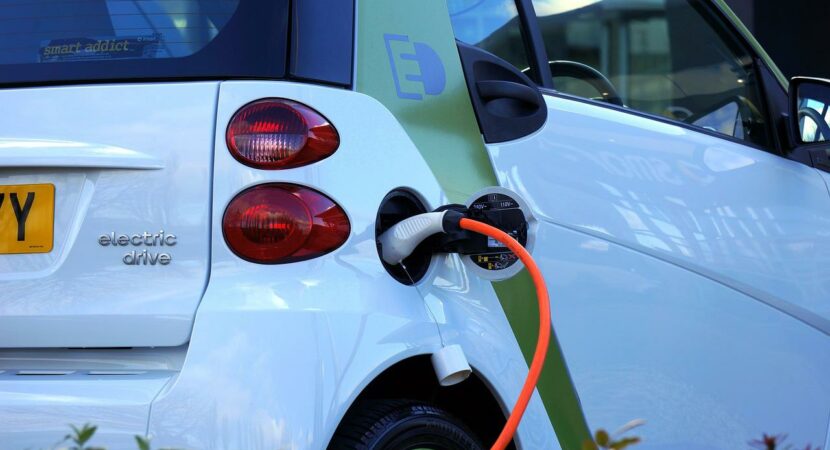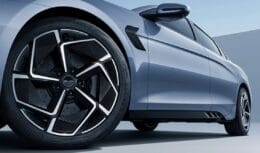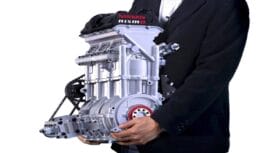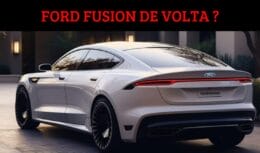
Electric car prices could increase in 2024 with new import tariffs
The industry eletric cars, which has been a beacon of innovation and sustainability, is about to face a major challenge in Brazil. From January 1, 2024, electrified vehicles produced outside the country, including electric cars, hybrids and plug-in hybrids, will be subject to import taxes, as announced by the federal government. This decision represents a significant change in current policy, which has previously exempted these vehicles from such fees.
Graduation of Tax Rates: A Detailed Look
The return of import tariffs for electric cars will be done gradually, with different percentages applied over the next few years:
- 10% in January 2024
- 18% in July 2024
- 25% in July 2025
- 35% in July 2026
These successive increases, culminating in 35% in 2026, could lead to a significant increase in the final cost of these vehicles for consumers Brazilians.
Implications of the New Tax Policy
The new import tax policy, announced by Gecex/Camex, has been seen as a setback by many advocates of sustainable mobility, such as the Brazilian Electric Vehicle Association (ABVE). They argue that this measure favors vehicles powered by fossil fuels and creates uncertainty for companies interested in investing in the production of electric and hybrid vehicles in Brazil.
ABVE's point of view
- Criticism of the government's decision for being hasty and for favoring the fossil fuel lobby.
- Concern about the negative impact on the market and investments in low-emission vehicles.
- Disappointment with the announced import quotas, seen as insufficient for the advancement of electromobility in the country.
A ABV it also highlights the contrast of this policy with global electrification trends in the automotive industry, which favor low-emission technologies.
Future Challenges and the Need for Sustainable Policies
Despite the record growth in sales of electric vehicles and mild hybrids in Brazil in 2023, ABVE warns that the pace of growth may be affected from 2024 onwards, due to the new measures. The association reiterates the importance of an import policy that encourages local production, but criticizes the current approach, which may discourage companies committed to the local production of low-emission vehicles.
Key point:
- The need to balance import policies with incentives for local and sustainable production.
In short, the federal government's decision to reintroduce import tariffs for electric and hybrid cars threatens to slow down the progress of the sustainable automotive industry in Brazil. The measure, although gradual, could have profound implications not only on vehicle prices, but also on the investment trajectory and adoption of low-emission technology in the country.








